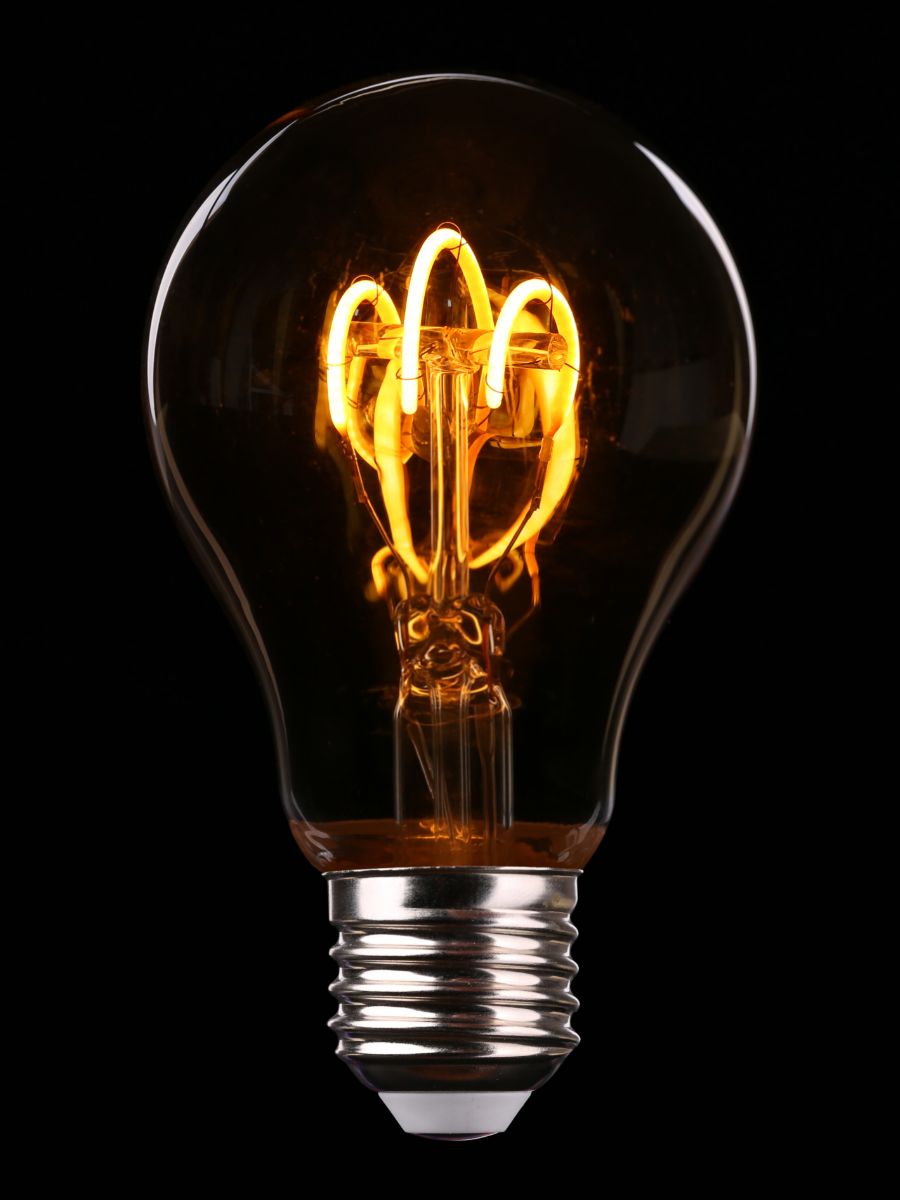 Lights flicker for several reasons, including outdated wiring, loose bulbs and issues with your utility service. While some causes are an easy fix, others are dangerous and require repair by a professional electrician. Here are nine reasons your lights may be flickering and what to do about them.
Lights flicker for several reasons, including outdated wiring, loose bulbs and issues with your utility service. While some causes are an easy fix, others are dangerous and require repair by a professional electrician. Here are nine reasons your lights may be flickering and what to do about them.
9 Reasons Your Lights Are Flickering
1. Loose Bulb or Socket
If there is sporadic flickering in one fixture, check to see if your bulb (or socket) is loose. Flickering can mean that you accidentally screwed your bulb in too loosely. To fix the problem, simply turn off the power, allow the bulb to cool down and then gently tighten it.
2. Dimmer Switch Incompatibility
Compatibility issues often happen if you attach an LED lightbulb to a dimmer. For example, you may notice occasional flickering if you’re using the softest light setting. Simply upgrading your dimmer switch or swapping out your bulb may easily fix your problem.
3. Outdated or Loose Wiring
Older homes often have outdated or loose wiring. Old, loose wiring is dangerous and can lead to flickering. If you hear buzzing (or smell a burning odor), call a professional immediately.
4. Overloaded Circuits
Overloaded circuits can cause flickering lights due to high-powered appliances like microwaves and air conditioning units. Consider spreading out the load and moving some appliances to another circuit or upgrading your panel.
5. Utility Service Fluctuations
During severe weather events and periods of high demand, all of your lights may flicker throughout your home. This happens if there are power issues in your area or with your utility company. Contact your provider to see if there are issues with your area’s service lines.
6. Arcing or Faulty Connections
If your lights are flickering violently or you notice sparks, arcing may be the culprit. Arcing occurs when electricity jumps the gap between loose wiring connections.
This may cause sudden light flashes as well as heat, noise and scorch marks. Arcing signifies critical danger. Shut your power off immediately and contact an electrician.
7. Panel or Braker Issues
A poor connection with your electrical box or panel can cause your circuits to trip and lighting issues. If your panel frequently overheats or there is damage to your breaker, you may need to replace or upgrade it.
8. Loose Service Cable at Meter or Breaker
A loose service cable at your meter or breaker causes inconsistent power flow, leading to flickering throughout multiple parts of your home. This is a fire hazard and can be fixed only by a professional.
9. Aging or Frayed Wires
If your home is over 30 years old, you may have aging or fraying wires. Most homeowners are unaware of any issues until their fixtures or outlets begin flickering. Consider a full or partial rewiring to address this problem.
Is Flickering Normal or Dangerous?
In some cases, flickering is harmless (such as when it’s due to a power dip or a faulty bulb). Othertimes, it can be a fire or shock hazard. If you hear buzzing, smell something burning or experience issues throughout your home, you may have a serious problem on your hands.
How To Diagnose the Cause (Without Taking Risks)
 If you notice flickering lights, start troubleshooting immediately. Take note of each incident, including the time, location and what happened. Eliminate any minor issues and call your electrician if you think there’s a serious problem.
If you notice flickering lights, start troubleshooting immediately. Take note of each incident, including the time, location and what happened. Eliminate any minor issues and call your electrician if you think there’s a serious problem.
When To Call a Licensed Electrician
The following may mean it’s time to call in the professionals:
- Dimming lights when running appliances.
- Flickering in multiple rooms.
- You notice buzzing, heat or burning smells.
- You see sparks or hear cracking noises.
- You own an older home and have not upgraded your wiring.
In these situations, you’ll need a professional electrician to properly assess and diagnose the problem.
Stop Flickering Before It Becomes an Emergency
Some causes of flickering lights are not a cause for concern. But you should never ignore these issues until they get worse.
If you’re remodeling or installing a new appliance, consider a panel or wiring upgrade. If you are unsure what to do, call an electrician for professional guidance.
Final Thoughts – Don’t Wait Until It’s Too Late
Remember, fire risks associated with faulty electrical panels and wiring are real, but preventable. You should understand the difference between a safe flicker and a dangerous flicker. If you are unsure, always call a professional to ensure your home stays safe and up to code.
 FAQ: Flickering Lights in Your Home
FAQ: Flickering Lights in Your Home
Why do my lights flicker when I turn on the A/C or microwave?
A temporary drop in voltage when you run these appliances may occur, leading to flickering lights.
Is flickering dangerous if it stops quickly?
Not necessarily, but it is important to investigate further. Short flickering may indicate loose wiring, overloaded circuits or faulty outlets.
Can bad weather cause indoor lights to flicker?
Yes, bad weather may cause voltage fluctuations.
How do I know if it’s my bulb or the wiring?
Check the bulb for looseness and replace it to see if it solves the issue. If it continues, call an electrician.
Will insurance cover electrical repairs?
Sometimes, however, delaying repairs can cause issues with insurance coverage.
Need help fixing flickering lights fast?
If you’re noticing sparks, flickering lights or power dips, don’t wait until things get worse. From inspections to panel upgrades and emergency repairs, our licensed electricians are ready to offer outstanding customer service to residents throughout the Daytona, FL area.
Don’t put up with any malarky, call Mister Sparky today!